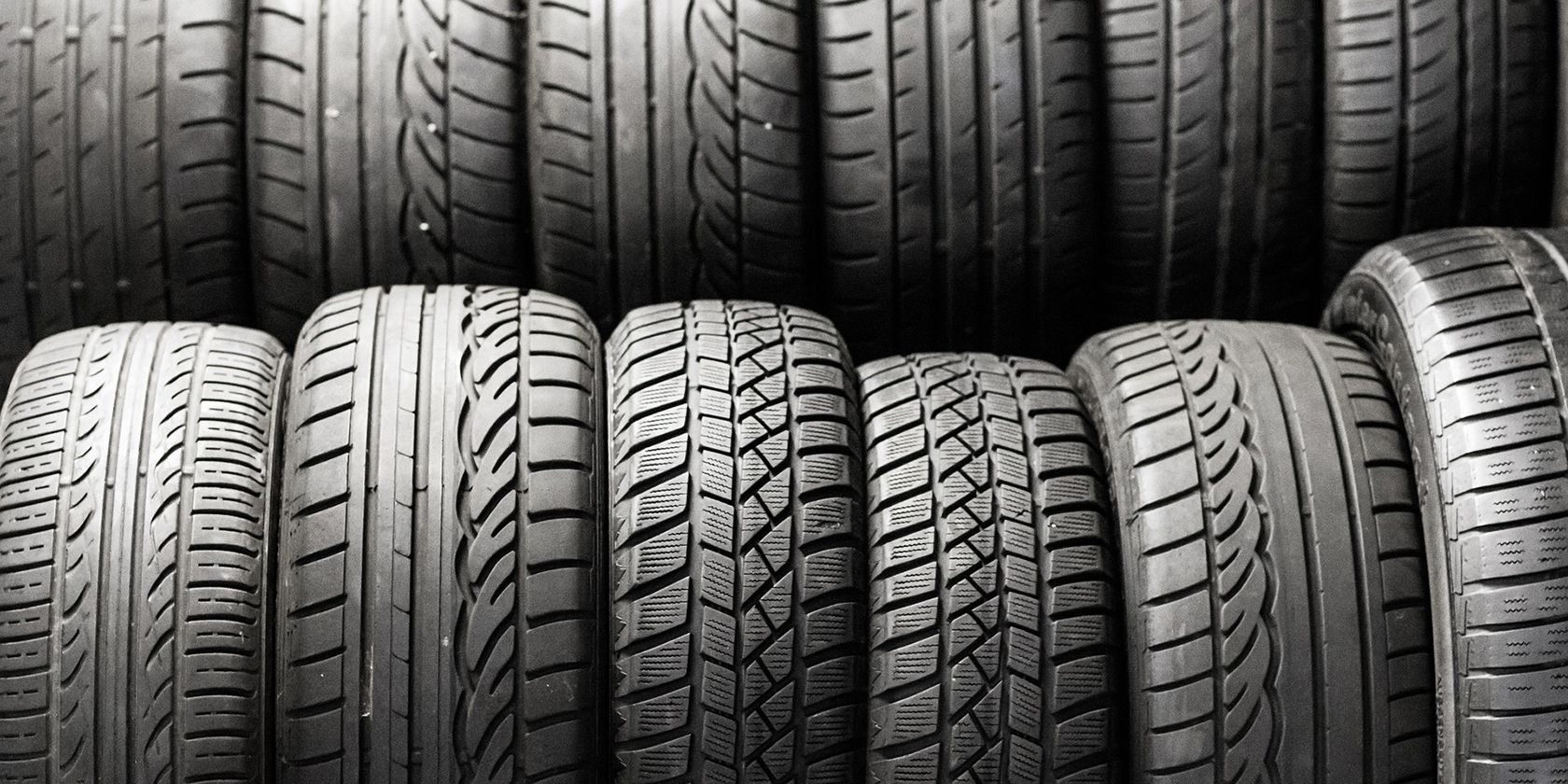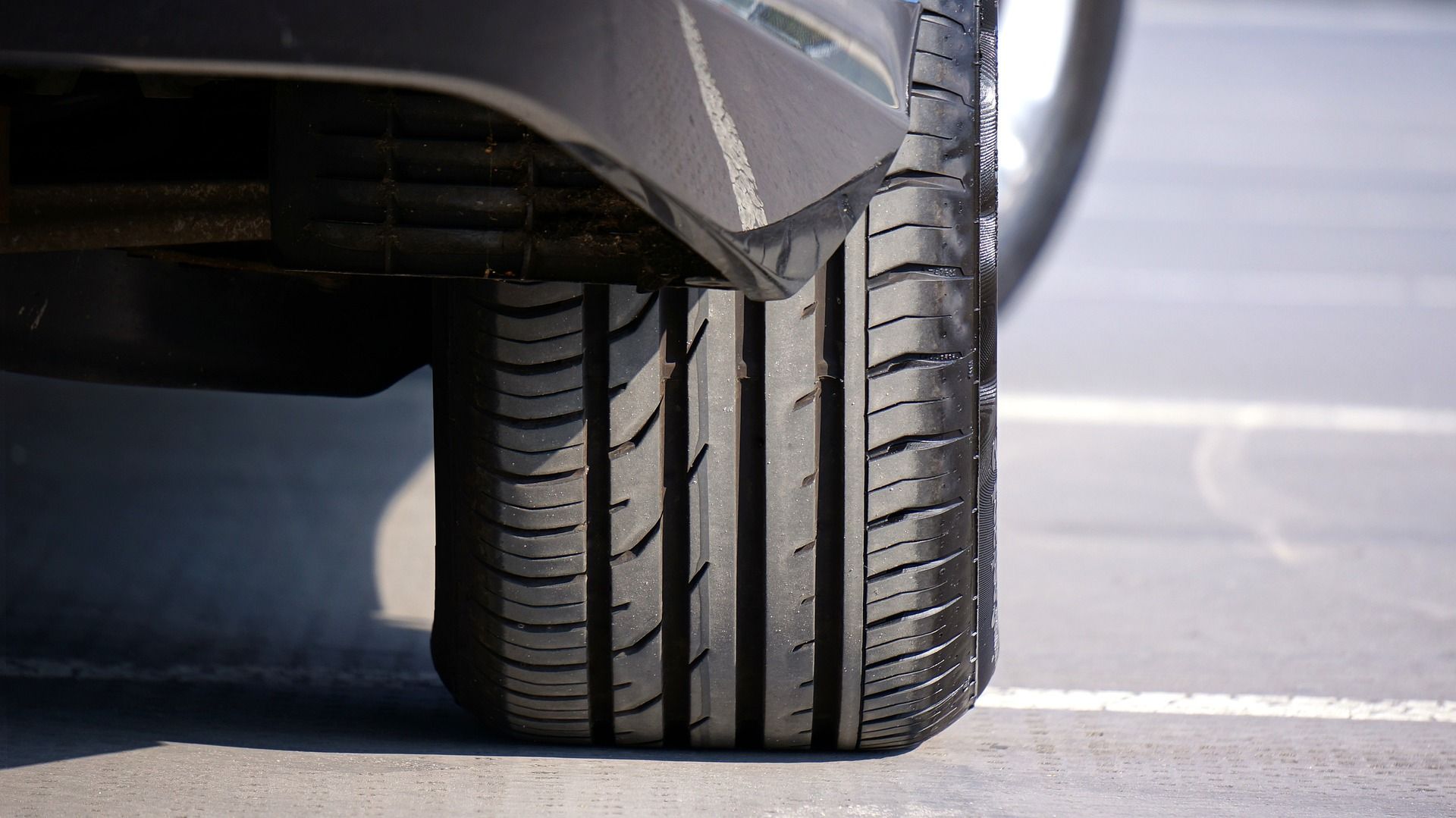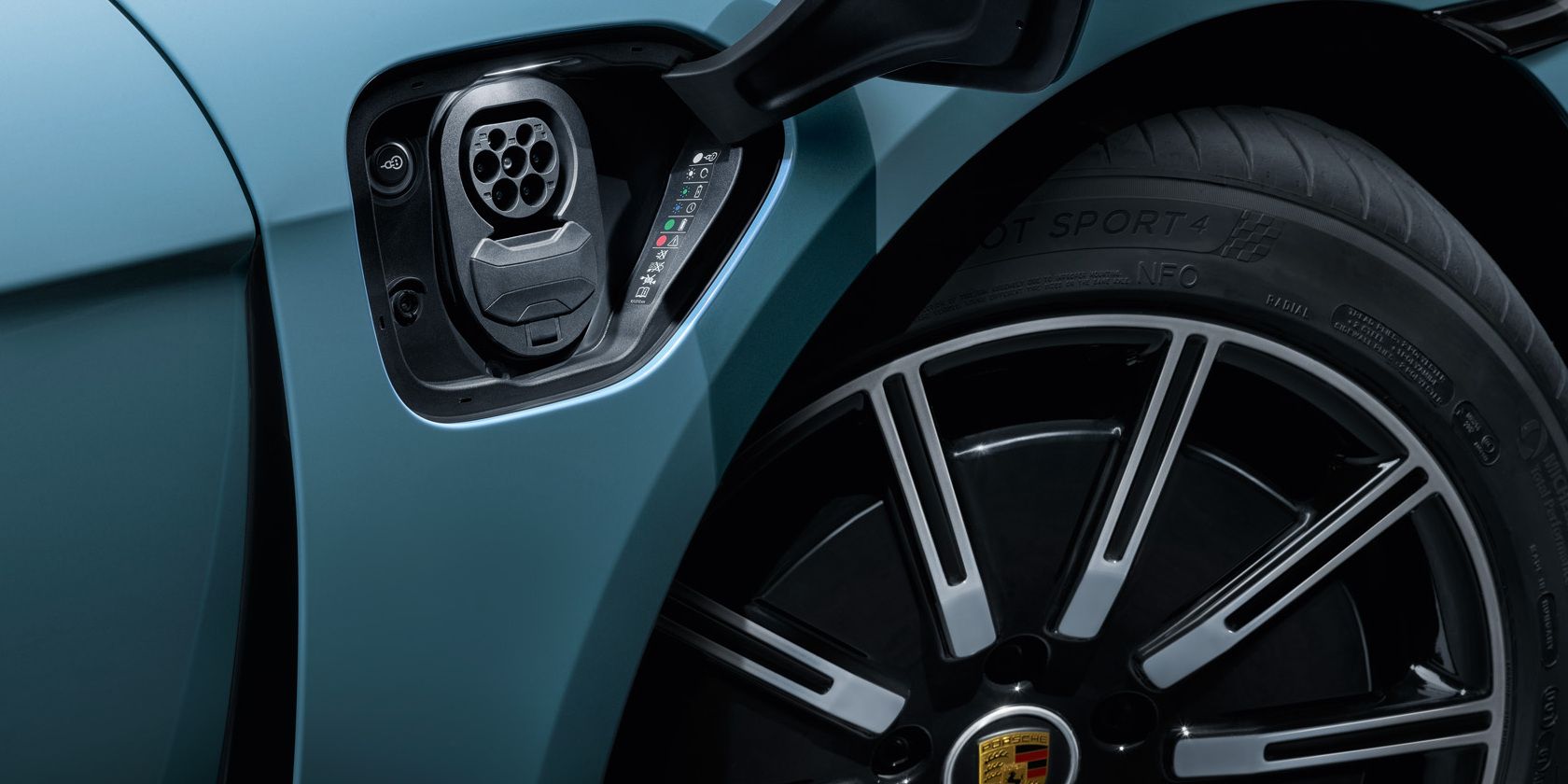Key Takeaways
- Tires can have a significant impact on an electric vehicle's range. Factors such as tire design, type, and width affect rolling resistance and energy consumption.
- Proper tire pressure and maintenance are crucial for maximizing EV range. Underinflated tires increase rolling resistance, while worn-out tires impair efficiency and safety.
- The size and width of the tires also influence EV range. Bigger wheels and wider tires can decrease efficiency and range, while smaller wheels and narrower tires enhance efficiency and comfort.
Electrical vehicles have gained significant popularity in recent years due to their environmental benefits and cost-saving advantages. However, one concern that lingers in the minds of prospective EV buyers and current owners is the vehicle's range—how far it can travel on a single charge.
There are plenty of factors that influence EV range. While battery capacity and driving habits are well-known contributors to EV range, one crucial aspect often goes unnoticed: tires.
How Do Tires Affect EV Range?
The range of an electric vehicle refers to the distance it can travel on a single charge. This is a vital consideration for EV owners, as it determines how far they can go before needing to recharge.
Tires are the sole point of contact between a vehicle and the road. Consequently, they have a profound influence on rolling resistance, grip, and energy consumption. This holds true not only for EVs but also for traditional internal combustion engine (ICE) cars.
Various tire attributes affect the range of an electric vehicle.
1. Tire Design and Type
When choosing tires, even those of the same size can differ significantly in their engineering, affecting your driving experience.
- Summer Tires: Designed for warm weather to provide excellent grip on dry roads. These tires lack the necessary traction to drive over snow in winter.
- Winter Tires: Offer better traction on snow and ice but at the cost of reduced efficiency. Winter tires are essential for EVs if you live in cold climates.
- All-Season Tires: A compromise between summer and winter tires, providing decent performance in various conditions.
- Eco-Friendly Tires: Designed to minimize rolling resistance and improve efficiency. A good choice for EV owners looking to maximize range.
Each type has its advantages and disadvantages, but the seasonal names give you a good idea.
2. Tire Pressure
Proper tire maintenance is essential for maximizing EV range. Underinflated tires can increase rolling resistance, diminishing efficiency and range. Conversely, overinflated tires reduce grip and ride comfort. While they may improve efficiency slightly, the trade-off in safety and comfort is not worth it.
You should regularly check and maintain the correct tire pressure to ensure optimal performance. Additionally, maintaining tire health through regular rotations and inspections for wear is also crucial, as worn-out tires can impair efficiency and jeopardize your safety on the road.
3. Wheel Size
While big wheels with unique designs appear more aggressive and visually appealing, the size of the wheels on your EV can significantly impact its range.
Bigger wheels generally have lower efficiency due to their weight and smaller side walls. Moreover, large wheels reduce ride comfort, making every bump on the road more perceptible.
In contrast, smaller wheels can improve efficiency and tire comfort but may compromise aesthetics. If range is your priority, then you might want to cut down on the aggressive looks.
4. Tire Width
Tire width is another crucial factor affecting EV range. Wider tires often have a larger contact patch with the road, which can enhance grip but also increase rolling resistance. This increased resistance can result in a decrease in overall range.
It's important to note that there's no one-size-fits-all tire width for all EVs. The appropriate tire width depends on factors such as the vehicle's weight, aerodynamics, and powertrain.
Some EVs are best fit with wide tires as the benefit in terms of handling and traction is worth the loss in range. For instance, replacing the tires on a Ram 1500 REV or Ford F-150 Lightning with thinner ones will increase range, but at the non-negligible price of traction and, ultimately, your safety.
Are EV-Specific Tires Better for Range?
EV-specific tires are engineered to complement the various aspects of an EV. For starters, electric vehicles don't have a loud internal combustion engine under the hood; they have batteries and electric motors.
This fundamental difference allows EVs to produce instant torque without any engine noise. The trade-off is that they weigh a lot more than traditional cars.
Although it's possible to use regular tires on an EV, this will have a negative impact on your EV experience. Here are some of the ways EV-specific tires differ from ordinary tires:
- Noise Reduction: EVs produce minimal noise from the powertrain, making tire noise more noticeable. To counteract this, EV-specific incorporate specialized tread patterns and materials to minimize tire noise. The result is a quieter ride, which enhances your comfort and also reduces overall noise pollution in urban areas.
- Higher Weight Tolerance: EVs weigh a lot more than their gasoline or diesel counterparts. This increased weight places additional stress on tires, especially during acceleration and braking. EV-specific tires offer improved load-bearing capabilities to handle this extra weight. This ensures the safety and stability of the tires.
- Lower Rolling Resistance: The primary advantage of EV-specific tires is their reduced rolling resistance. Manufacturers achieve this through innovative tread designs and specialized rubber compounds. Lower rolling resistance tires require less energy to maintain speed, which directly translates to improved efficiency and extended range for EVs.
EV-specific tires offer a range of benefits, with reduced rolling resistance being the most prominent. Since EVs are inherently more efficient than combustion vehicles and transmit a significant portion of energy to the wheels with minimal waste, rolling resistance becomes a critical factor affecting EV efficiency.
Practical demonstrations have highlighted the impact of tire choice on EV range. In an Engineering Explained video, Jason Fenske calculated that tires with low rolling resistance could potentially save up to 53 miles of range over a 200-mile journey compared to tires with the highest rolling resistance.
To put that into perspective, if you're currently achieving 400 miles of range with ordinary tires, you can boost your EV's range to 500 miles just by swapping for better EV-specific tires.
The Rubber Road to Efficiency
The choice of tires plays a significant role in determining the range of your electric vehicle. There are several factors to consider, each playing a different role in EV efficiency and range.
By selecting the right tires and maintaining them properly, you can extend your EV's range and enhance your overall driving experience.





